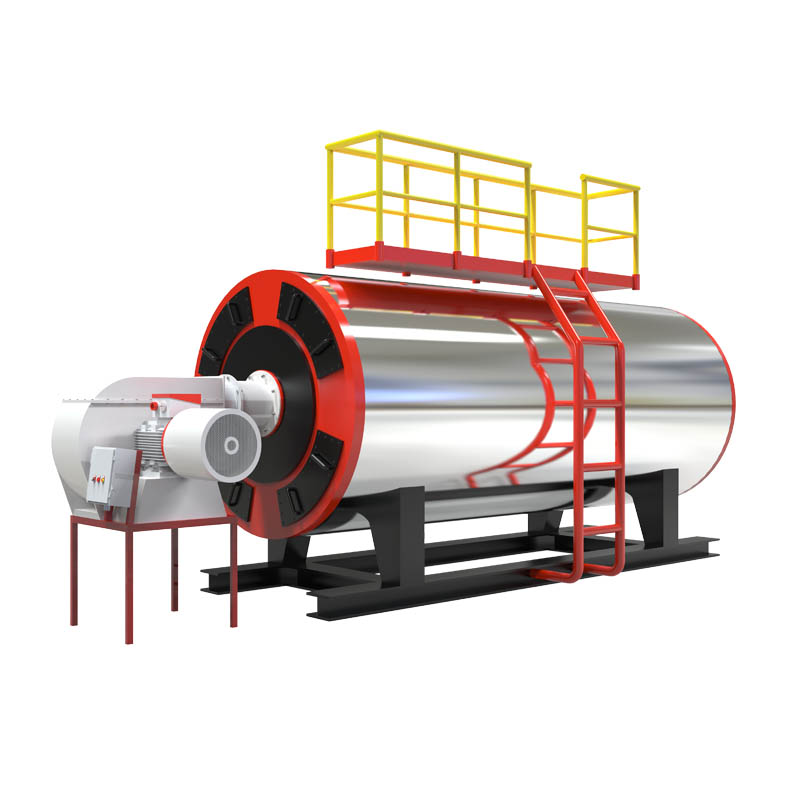
Nov . 20, 2024 12:00 Back to list
what is a biomass boiler
What is a Biomass Boiler?
In recent years, the need for sustainable energy solutions has become increasingly vital due to the rising concerns over climate change and the depleting reserves of fossil fuels. Among the various renewable energy options available, biomass boilers have emerged as a practical and effective method for heating and energy production. But what exactly is a biomass boiler, and how does it work?
Definition and Functionality
A biomass boiler is a type of heating system that uses biomass—organic material derived from plants and animals—as fuel. This can include wood pellets, chips, logs, agricultural residues, and even certain types of waste. The primary function of a biomass boiler is to convert this organic material into heat energy, which can then be used for residential heating, hot water generation, or even to produce electricity.
Biomass boilers can be categorized into several types depending on their design and the fuel they utilize. The most common types include
1. Wood Pellet Boilers These are among the most popular biomass systems, using compressed wood pellets as fuel. They are efficient and easy to use, typically featuring automatic feeding systems. 2. Log Boilers Using whole logs as fuel, these boilers are generally less automated compared to pellet systems but can be a cost-effective option for those with easy access to wood.
3. Chip Boilers These use wood chips as fuel and are suitable for larger applications, such as commercial or industrial heating systems.
The Combustion Process
The biomass combustion process in a boiler involves several steps. First, the biomass fuel is fed into the combustion chamber, where it is ignited. Unlike fossil fuels, biomass combustion is considered carbon-neutral because the CO2 released during burning is offset by the CO2 absorbed during the growth of the plants used for fuel.
The heat generated from this combustion heats water in a heat exchanger, creating steam or hot water that is then distributed throughout a heating system. This process can be coupled with other technologies, such as combined heat and power (CHP) systems, which simultaneously produce electricity and useful heat.
Benefits of Biomass Boilers
what is a biomass boiler

1. Renewable Energy Source Biomass is a renewable resource when sourced sustainably. It can be replenished through reforestation and agricultural practices, contributing to a circular economy.
2. Carbon Neutrality As previously mentioned, biomass is considered a carbon-neutral energy source, helping to reduce overall greenhouse gas emissions compared to fossil fuels.
3. Waste Reduction Using agricultural and forestry by-products as fuel helps reduce waste and promotes sustainable resource management.
4. Energy Independence Biomass can contribute to energy security by reducing dependence on fossil fuel imports, particularly in rural areas where biomass resources are readily available.
5. Job Creation The biomass industry can create jobs in agriculture, forestry, and manufacturing sectors related to biomass fuel production and boiler installations.
Challenges and Considerations
Despite their benefits, biomass boilers are not without challenges. The sustainability of biomass as an energy source can be called into question, particularly concerning deforestation and land use changes. Sustainable sourcing practices and regulations are critical to ensure that biomass production does not negatively impact ecosystems.
Additionally, biomass boilers can require more maintenance than traditional fossil fuel boilers. Ash removal, regular cleaning, and fuel quality monitoring are necessary to ensure optimal performance. Moreover, the upfront costs for purchasing and installing a biomass boiler can be higher compared to conventional heating systems.
Conclusion
In conclusion, biomass boilers represent a promising avenue in the transition to more sustainable heating solutions. By harnessing organic materials as a fuel source, they not only provide an effective way to generate heat but also contribute to efforts aimed at reducing carbon emissions and promoting renewable energy. As technology advances and sustainable practices become more widespread, biomass boilers may play an even greater role in the future of energy production. The integration of these systems into our energy landscape is essential for creating a greener and more sustainable world.
-
Comprehensive Guide to Steam Boiler Installation Diagram – Global Best Practices and Future Trends
NewsNov.24,2025
-
A Practical Guide to the Selection of Steam Boiler for Industrial Efficiency
NewsNov.23,2025
-
Comprehensive Guide to Steam Boiler PDF Manuals and Their Global Impact
NewsNov.22,2025
-
Discover How Steam Boiler Videos Improve Industrial Training & Safety
NewsNov.22,2025
-
Comprehensive Guide to Wood Fired Steam Boiler Design – Efficiency, Applications, and Innovations
NewsNov.21,2025
-
Comprehensive Guide to Steam Boiler Working – Efficiency & Applications
NewsNov.20,2025
Related PRODUCTS






















